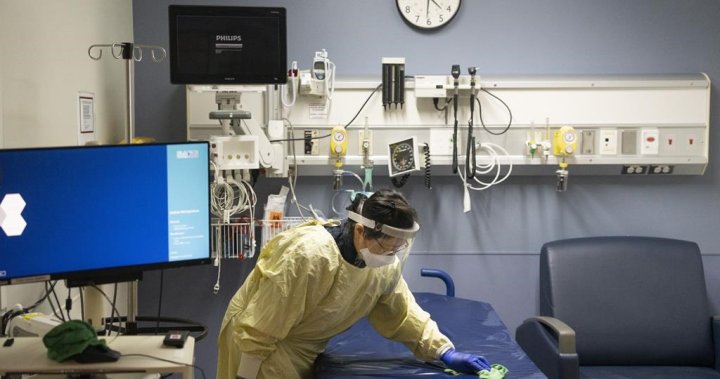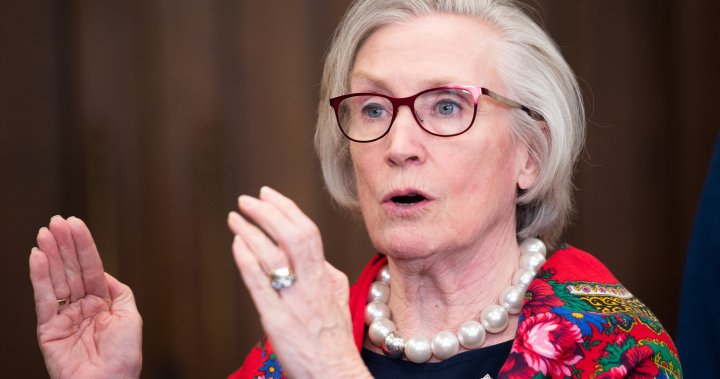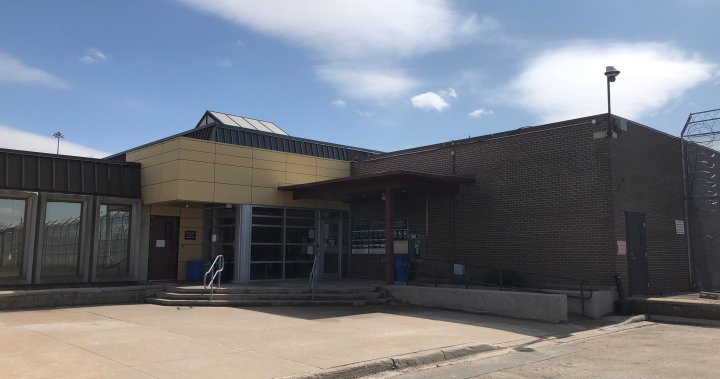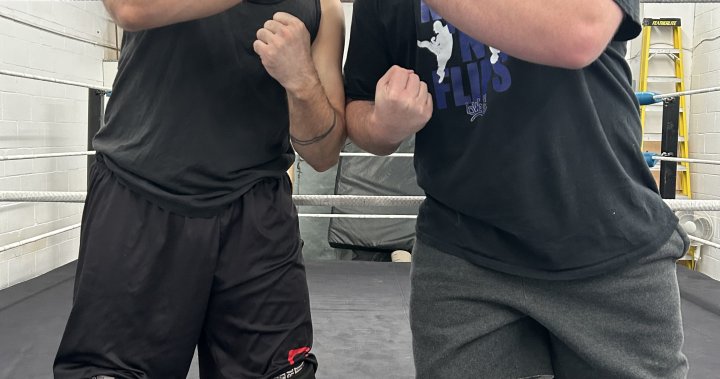Retired head nurse Yvonne Sam, who has been fighting for equity in health care for decades, says there is woefully little data about the specific health needs of Black people.
“Until we can get that information, we just remain going around in circles in the health care system,” she told Global News, “and that’s sad.”
Seeta Ramdass is the associate director of equity, diversity and inclusion in the office of Social Accountability and Community Engagement (SACE). She agrees with Sam and points to what she sees as a eurocentric approach in health care that does not consider diversity — for example, the established standards for what’s considered normal for blood pressure and blood sugar levels.
“A lot of these norms were determined by what we call the standard medical textbook: white, 70-kilogram male, who’s usually between 35 and maybe 50 years old,” she explained.
Other factors not adequately taken into account that affect health care include the sociocultural realities of the communities served, she added.
Get the latest National news.
Sent to your email, every day.
“We need to consider the diet, the cultural practices,” Ramdass argued. “Many people are living in areas where there are food deserts. They don’t have access to good quality food. They can’t even afford it.”
Often it’s racialized people who are affected, she stressed.
Researchers agree and point out that the consequences are serious.
“We know that Black people experience poorer health outcomes,” Dr. Bukola Salami, a professor at the University of Calgary, pointed out. “Black Canadians have a higher mortality rate, for example, from HIV and AIDS, from diabetes and certain forms of cancer.”
Salami, who specializes in racialized people’s health, also notes that the historical treatment of Black people in health care causes mistrust, and efforts to fix the problem often fail.
She argued, “We have things throw on us without any active engagement as truthful actors.”
According to Ramdass, McGill’s faculty of medicine is trying to address this. They recently held a forum to hear from Black communities what the problems are and what should be done.
“What we should be teaching in the faculty, how can we improve the curriculum in the faculty to address the health care needs,” she said.
SACE is doing this in partnership with Sam and the Black Community Resource Centre (BCRC).
BCRC and SACE want to have another forum with representatives from Black communities in the fall, and SACE also plans to reach out to other marginalized groups.
© 2024 Global News, a division of Corus Entertainment Inc.




